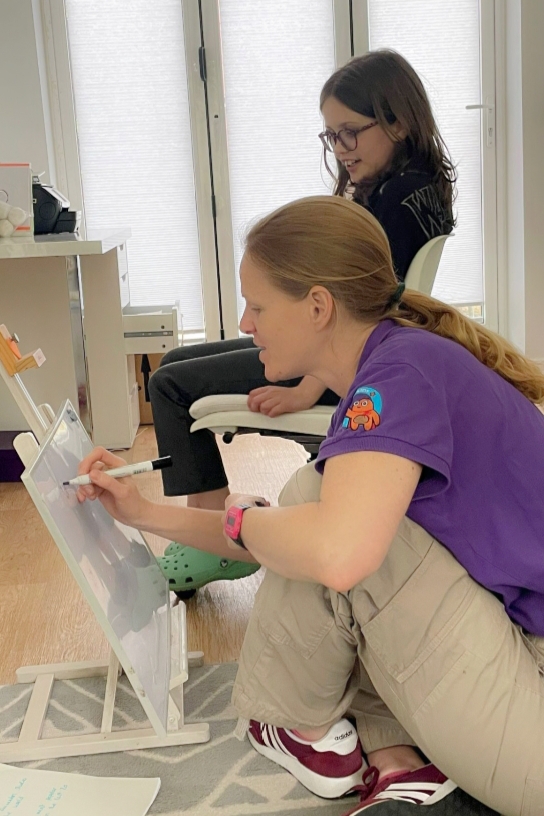Understanding meltdowns, their causes, symptoms, and effective management strategies is crucial for parents, caregivers, educators, and children who experience them.
What is a Meltdown?
A meltdown is not a tantrum. Tantrums usually have a purpose, and are a response to a child not getting or being able to do what they want.
Meltdowns feel intense. They an emotional reaction often characterised by overwhelming feelings of frustration, anger, or distress. They are an involuntary emotional response, where a child’s senses have become overwhelmed, they are typically founder in younger kids.
Causes of Meltdowns
Typically they can be triggered by the following:
Sensory Overload – Kids sense can become overloaded this is more prevalent for kids with sensory processing disorders or autism, examples of these typically include bright lights, loud noises, strong smells, or crowded spaces can trigger a meltdown.
Emotional Stress – High levels of emotional stress or anxiety can lead to a kid in meltdown for example changes in routine, social pressure, or internal conflicts.
Communication Difficulties – Difficulty in expressing needs or emotions can lead to frustration and subsequent meltdowns.
Fatigue and Hunger – Physical states like tiredness and hunger can lower the threshold for emotional regulation, making meltdowns more likely.
Environmental Factors – Sudden changes in the environment or unexpected events can be overwhelming and lead to meltdowns.
Symptoms of a Meltdown
Recognising the signs of a meltdown can help in managing it effectively. Common symptoms include:
- Emotional Outbursts: Intense crying, screaming, or shouting.
- Physical Reactions: Kicking, hitting, or other aggressive behaviours.
- Self-Harm: Biting, scratching, or other forms of self-injury.
- Withdrawal: Shutting down, becoming non-verbal, or retreating.
- Repetitive Behaviours: Rocking, hand-flapping, or other repetitive motions.
Managing Meltdowns
When in a meltdown your child will be looking to you to help them regain control of their feelings. Helping children to manage meltdowns takes practice. Learning to recognise the signs and teaching your child coping skills can help you both find better ways to respond in the future. Our page Managing Meltdowns will give you tips and advice for how to recognise when a meltdown might happen and tips for how to minimise the chances, advice on what to do during a meltdown and how to regroup afterwards.
Here at Happy Confident Kids, we can support you further with managing meltdowns through our Supporting Kids with Meltdowns & Anger Workshop.
This online workshop will give you transformational tools to help you:
- feel more empowered and confident when you are with a child in meltdown;
- support yourself, so you can better support those around you;
- reduce the length, strength and number of meltdowns.
Click here to read the amazing feedback we have received from a family who completed the workshop.
Meltdowns are a complex and challenging aspect of emotional regulation. With patience, empathy, and appropriate strategies, it is possible to minimise the frequency and intensity of meltdowns, fostering a more stable and supportive environment for everyone involved.

Online workshop for parents and carers.

Transformational tools to help kids.

Online family workshop.
